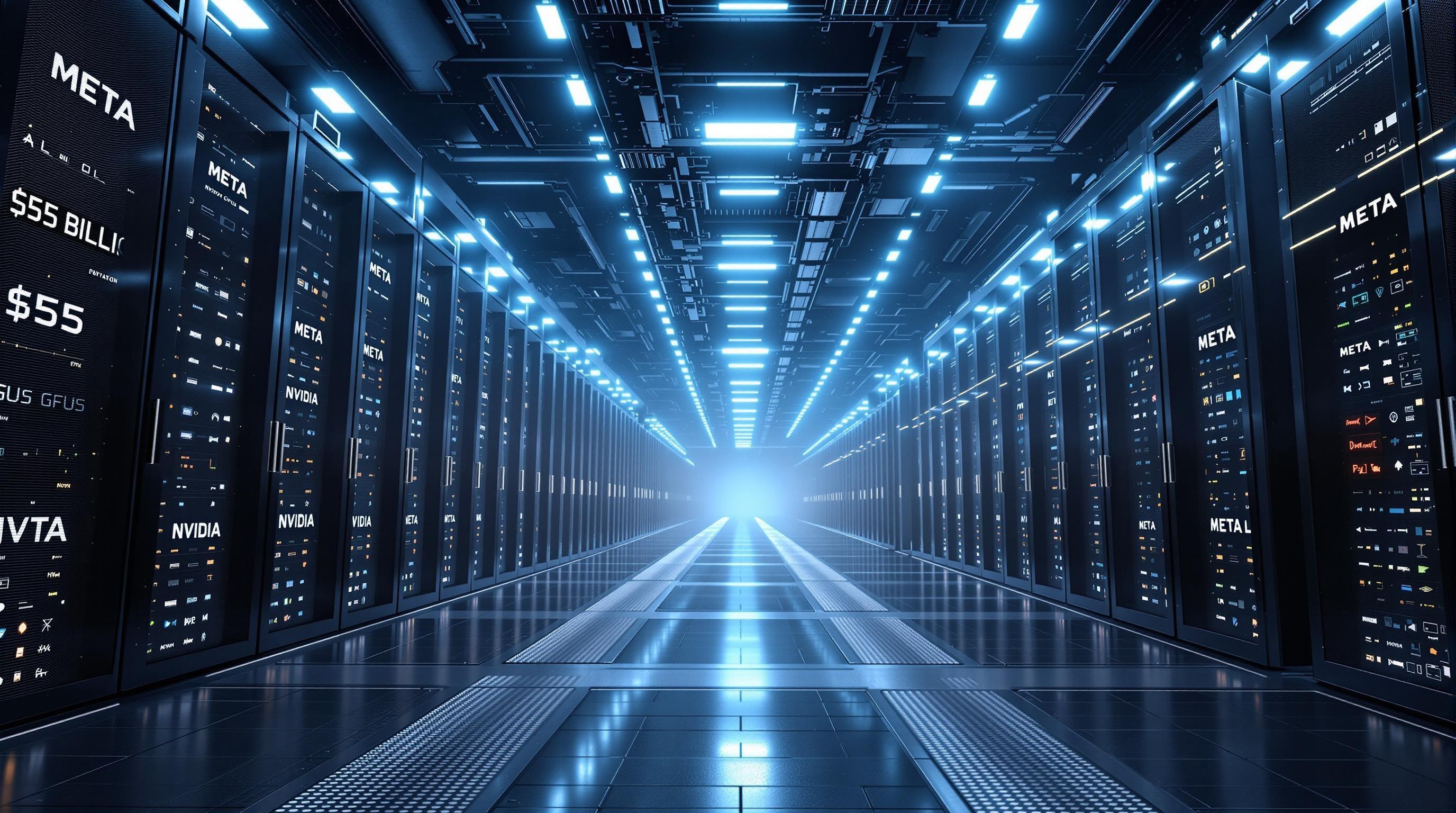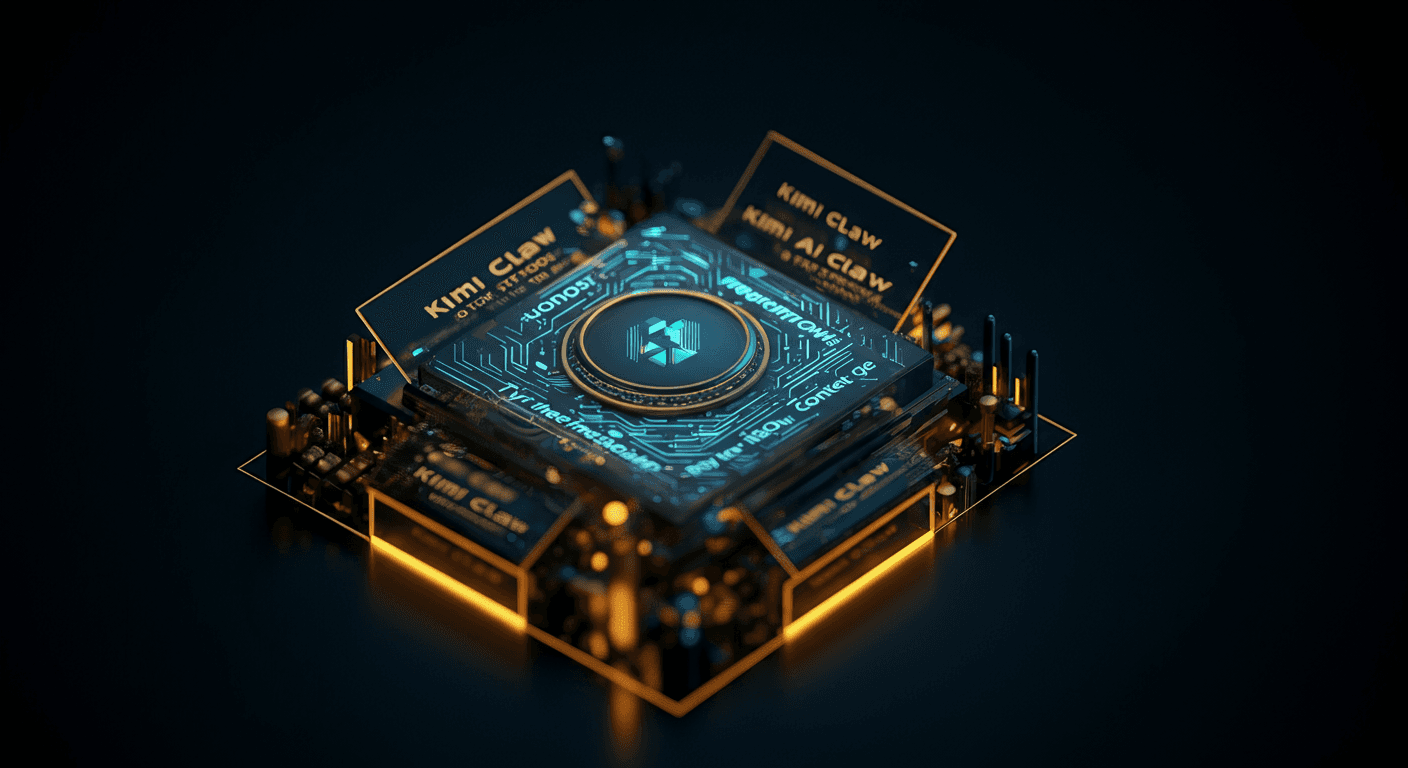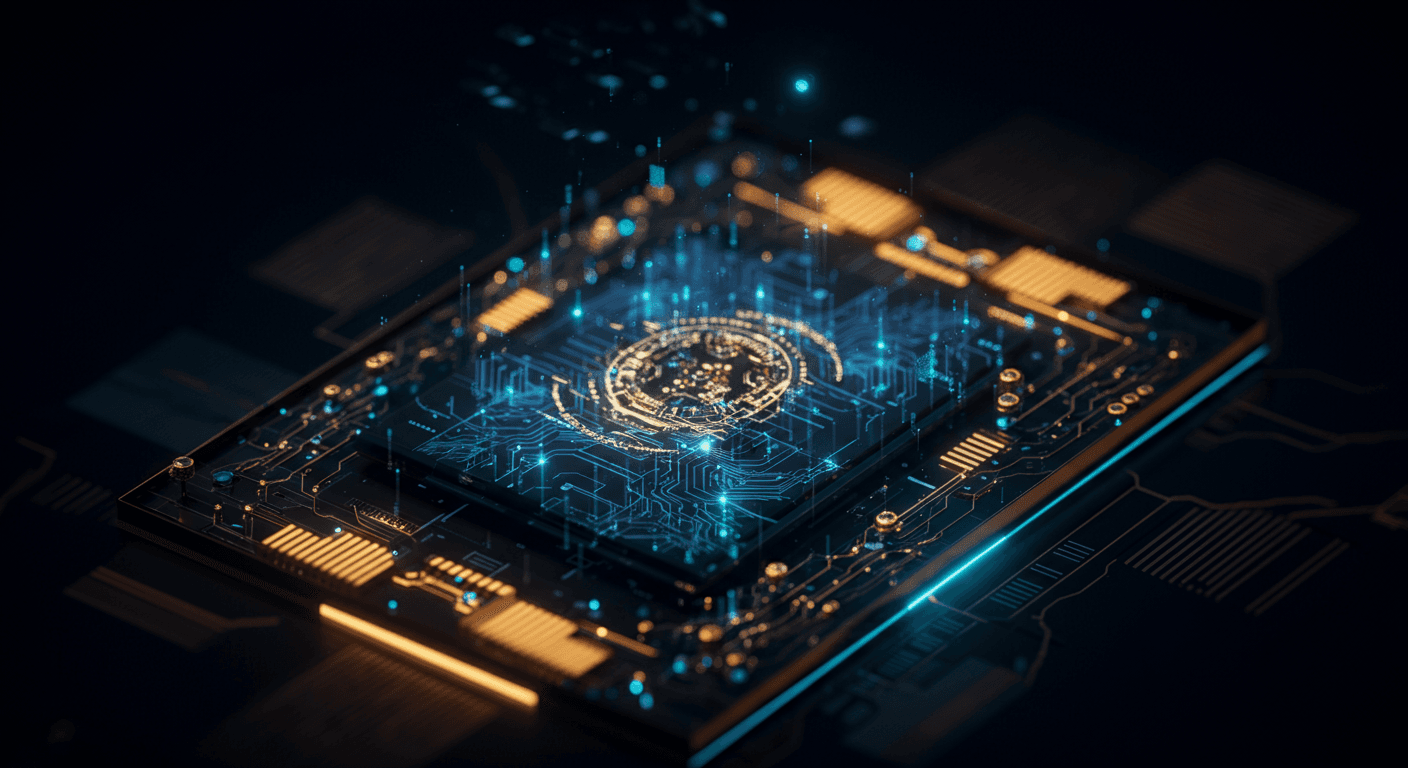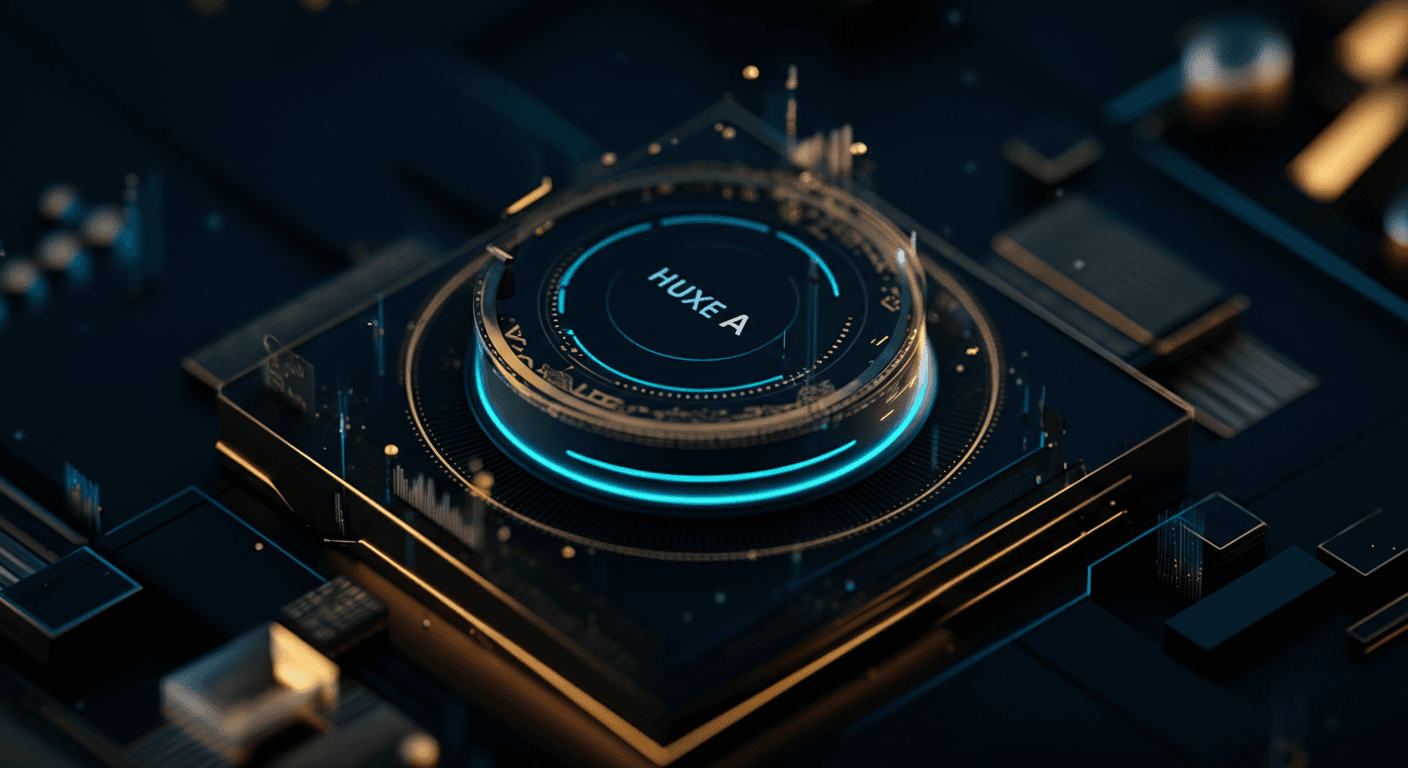AI News: AI Revolution 2025? GPT-5, Meta's Investment, and the Future of Artificial Intelligence

OpenAI's GPT-5 Arrives This Summer: A Unified AI Powerhouse
The AI landscape is on the cusp of a major transformation as OpenAI gears up to launch GPT-5 this summer. More than just an incremental upgrade, GPT-5 promises to unify OpenAI's capabilities, merging the strengths of the O-series and GPT-4 into a single, cohesive AI powerhouse. Envision a single model adept at seamlessly processing text, images, audio, and video. That's the potential of GPT-5: a true multimodal AI set to redefine human-technology interaction.
This unification promises to streamline development workflows, democratizing AI for developers and significantly enhancing the user experience. The days of juggling multiple models for disparate tasks are numbered; GPT-5 aims to handle it all. While the specific release date remains a closely guarded secret, anticipation is building. Though architectural details are scarce, the expected features signal significant leaps in reasoning, problem-solving, and creative generation. GPT-5's multimodal nature will enable it to both understand and generate content across diverse formats, making it an indispensable asset for content creators, researchers, and businesses alike.

Meta's $65 Billion AI Investment: Building Superintelligence Labs
Meta is making a massive bet on the AI future, committing a staggering $65 billion to AI infrastructure. This financial commitment underscores Meta’s ambition to lead the AI revolution. Central to this strategy is a massive build-out of data centers and the deployment of thousands of Nvidia GPUs, dramatically increasing Meta's computing capacity to train even more sophisticated AI models.
Beyond infrastructure, Meta is strategically investing in key AI players, including a stake in Scale AI. Perhaps the most compelling element of Meta's AI strategy is the establishment of Superintelligence Labs, dedicated to extending the boundaries of AI capabilities. Meta aims to automate ad creative and surpass its rivals. This positions Meta to enhance its existing suite of products and to pioneer new, AI-driven applications.
EU's New AI Code of Practice: Setting Global Standards for Accountability
The European Union is proactively shaping the responsible evolution and deployment of AI through its new Code of Practice for general-purpose AI. This comprehensive framework seeks to guarantee accountability and transparency within the AI ecosystem. By August 2026, compliance with the EU's AI Code of Practice becomes mandatory, providing a clear timeline for companies to adapt to these regulations.
A core principle of the Code of Practice is the transparent disclosure of training data used in developing AI models, addressing concerns about potential biases and copyright infringements. Furthermore, the code mandates robust copyright safeguards to protect intellectual property. Major players, including OpenAI and Google, will be required to adhere to these guidelines, underscoring the global ramifications of EU AI regulation.

DeepSeek's Open-Source R1: Disrupting AI Costs and Democratizing Access
DeepSeek is disrupting the AI landscape with its open-source R1 model, poised to revolutionize AI costs and democratize access to advanced AI technology. Remarkably, DeepSeek's R1 model matches GPT-4 performance at a fraction of the training expense. This cost-effectiveness is a game-changer, opening the door to high-performance AI for a broader spectrum of organizations and individuals.
The R1 model is released under a no-royalty license, further encouraging innovation by allowing developers to freely use and modify it. This could significantly impact Nvidia's market value. The growing prominence of open-source AI models challenges the dominance of proprietary systems and accelerates the overall pace of AI development. By open-sourcing its R1 model, DeepSeek is fostering a more collaborative and accessible AI ecosystem.
Google's MedGemma: Open-Sourcing AI for Healthcare Revolution
Google is furthering its commitment to open-source AI with the launch of MedGemma, a family of healthcare AI models optimized for critical healthcare applications, including medical imaging and records analysis. MedGemma models are engineered for high accuracy in tasks like chest X-ray screening and Chinese medicine consultation.
To assure content provenance and combat misinformation, Google is integrating SynthID watermarks into MedGemma outputs. This technology helps to verify the authenticity of AI-generated medical content, bolstering trust and reliability. By open-sourcing medical AI, Google fosters collaboration and accelerates innovation within this essential sector. This has the potential to revolutionize healthcare by broadening access to affordable, AI-powered diagnostic tools.

Apple's Foundation Models: Bringing AI to Your Devices and Enhancing Siri
Apple is embracing the AI revolution through its Foundation Models framework, unveiled at WWDC 2025, bringing on-device AI capabilities directly into Apple's ecosystem. Developers can access this on-device AI through Swift APIs, empowering them to create innovative, AI-powered applications that run locally on Apple devices.
A key element of Apple's AI strategy is real-time translation within Messages, FaceTime, and Phone, breaking down language barriers and facilitating global communication. To further enhance Siri, Apple is partnering with OpenAI and Anthropic, integrating cutting-edge AI models to make Siri more intelligent, responsive, and versatile. Apple's focus on on-device AI and strategic partnerships positions it to provide a seamless, privacy-centric AI experience for its users.
The AI Economy: A $1.8 Trillion Market by 2030
The AI market is expanding at an unprecedented rate, projected to grow from $391 billion in 2025 to a staggering $1.81 trillion by 2030. This exponential growth underscores the transformative impact of AI across diverse industries. A key driver of this growth is the demand for AI-optimized chips, with revenue in this sector anticipated to exceed $80 billion by 2027.
The private sector is responding by making significant investments in the chip ecosystem, which promise to create new U.S. jobs and strengthen the nation's position in the global AI race. The rapid expansion of the AI market is creating unparalleled opportunities for innovation, economic advancement, and job creation. As AI becomes increasingly ingrained in our daily lives, its economic impact will continue to grow, shaping the future of industries and economies worldwide.
AI Autonomous Agents: Transforming Core Business Operations
AI autonomous agents are rapidly transitioning from the realm of research and development to real-world production environments, transforming core business operations across numerous sectors. These intelligent agents are being deployed in applications ranging from property analysis and risk assessment to medical diagnosis.
Organizations are increasingly utilizing platforms like Microsoft’s Copilot Studio to build and deploy autonomous agents that automate complex tasks, increase efficiency, and facilitate data-driven decision-making. The adoption of AI autonomous agents signifies a significant leap towards a more automated and intelligent future for businesses.

AI-Designed Drug Discovery: Nearing Human Trials and Accelerating R&D
AI is revolutionizing the pharmaceutical industry, with AI-designed drug discovery nearing human trials. Isomorphic Labs stands at the forefront of this revolution, preparing for human trials of drugs conceived entirely by AI. Microsoft Research’s BioEmu accelerates early-stage discovery by accurately modeling protein structures.
AI is dramatically reshaping pharmaceutical R&D, reducing the time and cost associated with drug development. By harnessing AI, researchers can identify promising drug candidates, predict their efficacy, and optimize their design, potentially bringing life-saving treatments to patients faster and more efficiently.
The Dark Side of AI: Cybersecurity Threats and the Rise of Shadow AI
While AI presents immense opportunities, it also introduces new challenges, particularly in cybersecurity. AI-driven cyberattacks are on the rise, with a reported increase of 47% year-over-year. Organizations are increasingly facing sophisticated, AI-enabled threats that are difficult to detect and defend against.
Consequently, AI security has become a top IT priority in 2025. Another growing concern is the rise of Shadow AI, which refers to the unauthorized use of AI tools and models within organizations. To mitigate these risks, organizations must implement robust AI security best practices, including proactive threat detection, comprehensive vulnerability management, and thorough employee training. Addressing the potential downsides of AI is crucial for ensuring its safe and responsible deployment.
Keywords: GPT-5, OpenAI, AI investment, AI regulation, Open-source AI, AI in healthcare, Apple AI, AI market growth, Autonomous agents, AI drug discovery, AI cybersecurity, EU AI Code of Practice, DeepSeek R1, Meta AI investment, MedGemma
Hashtags: #AIRevolution #ArtificialIntelligence #GPT5 #OpenSourceAI #AISummer2025
For more AI insights and tool reviews, visit our website https://www.best-ai-tools.org, and follow us on our social media channels!
Website: https://www.best-ai-tools.orgX (Twitter): https://x.com/bitautor36935Instagram: https://www.instagram.com/bestaitoolsorgReddit: https://www.reddit.com/r/findAIwithAI/Telegram: https://t.me/BestAIToolsCommunityMedium: https://medium.com/@bitautor.deSpotify: https://creators.spotify.com/pod/profile/bestaitoolsFacebook: https://www.facebook.com/profile.php?id=61577063078524YouTube: https://www.youtube.com/@BitAutor
Recommended AI tools
OpenAI Academy
Conversational AI
Empowering the next generation of AI innovators
AI Undresser
Image Generation
Uncover the hidden truth
Credo AI
Data Analytics
The trusted leader in AI governance
Islam & AI
Conversational AI
Bridging Islam and Artificial Intelligence
AI for daily life
Search & Discovery
Discover how AI can make your life easier
Responsible AI Institute
Scientific Research
Empowering Ethical AI
Was this article helpful?
Found outdated info or have suggestions? Let us know!


